RX-FPY series fire electrical control device (smoke exhaust fan, dual power control equipment) is manufactured in accordance with the national standard GB16806-2006(Fire linkage control system) and is widely used in various large places such as factories, schools, hospitals, shopping malls, office buildings, etc.
Product Features
- Mainly used for controlling the start and stop of fire smoke exhaust fans.
- It has manual and automatic control functions. It has a phase loss alarm function.
- When the phase loss signal arrives, it will send a fault sound and light alarm. It has overload and overcurrent protection functions. When the fire protection sweeping fan experiences overload or overcurrent,
- it will immediately sound and light a fault alarm and stop the working fire protection smoke exhaust fan.
- The controller comes with a locking function, which effectively prevents misoperation and malicious operations and improves the safety factor of the device.
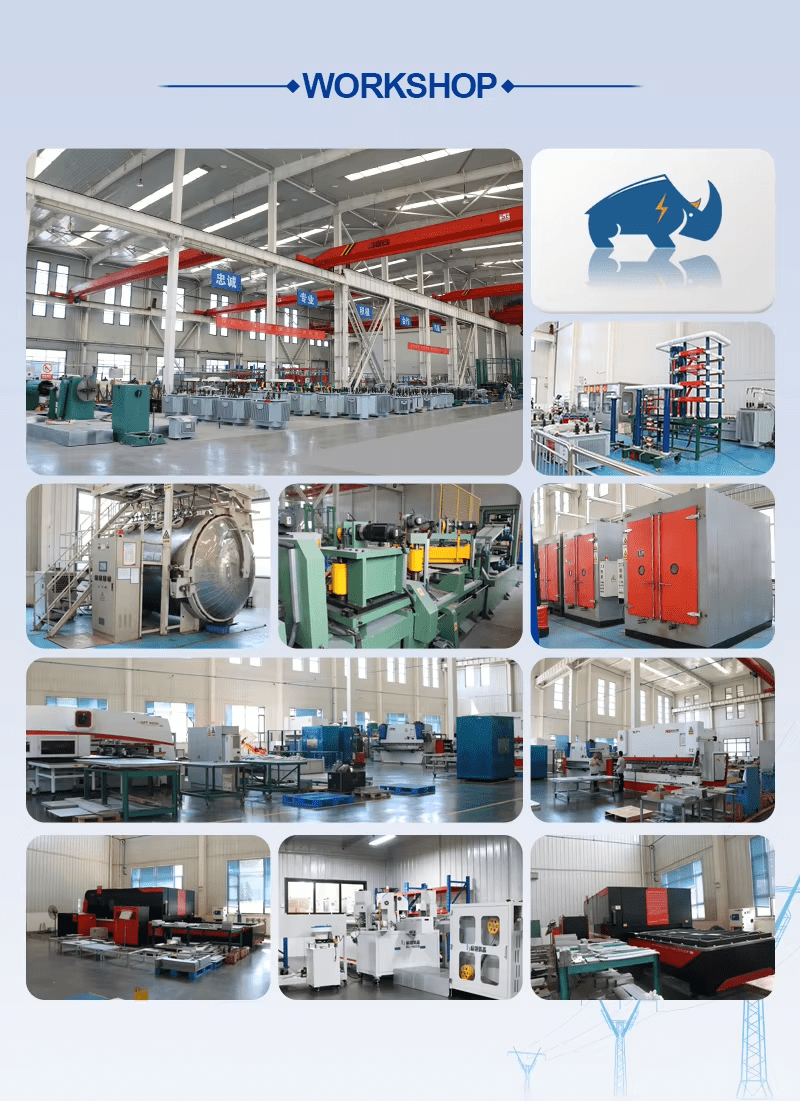

Only logged in customers who have purchased this product may leave a review.
We are professional EV charger manufacturer.
This depends on the EV battery size, remaining battery capacity, and the type of EV charger used as well as environmental conditions such as temperature.Typically, an AC charger with an output power of 7–22 kW can fully charge an EV in between 3 and 6 hours.With a 50–200-kW DC fast charger, the charge time can be reduced to 10–60 minutes.
An AC charger provides AC power, which is then converted to DC power by an onboard charger inside the EV (before it reaches the battery). AC chargers are normally used in slow-charging applications such as home charging. A DC charger converts AC power from the grid into DC power, which is more efficient and supplies the batteries directly. Thus, the charging time is markedly shorter. DC chargers have higher power requirements and therefore a higher installation complexity. As such, the installation cost can be higher than that for an AC charger. DC systems are generally used in commercial/public charging applications where shorter dwell tines are needed
This depends on your situation. Fast DC chargers are ideal for cases where you need to recharge your EV quickly, such as at an intercity highway charging station or rest stop. An AC charger is suitable for places where you stay longer, such as workplace, shopping malls, cinema and at home.


































.png) PV-Storage-Charging
PV-Storage-Charging-1.png) High & Low Voltage Switchgear
High & Low Voltage Switchgear Company Profile
Company Profile News Information
News Information Service Support
Service Support Cloud Platform Customized Development
Cloud Platform Customized Development Leisheng Charging International Platform
Leisheng Charging International Platform Leisn Home Charging Platform
Leisn Home Charging Platform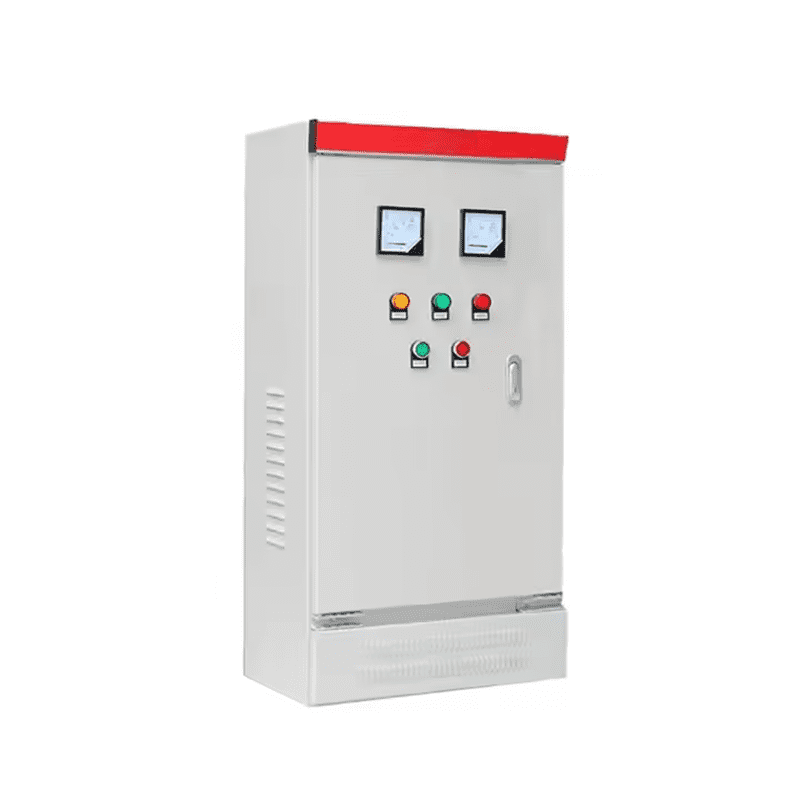
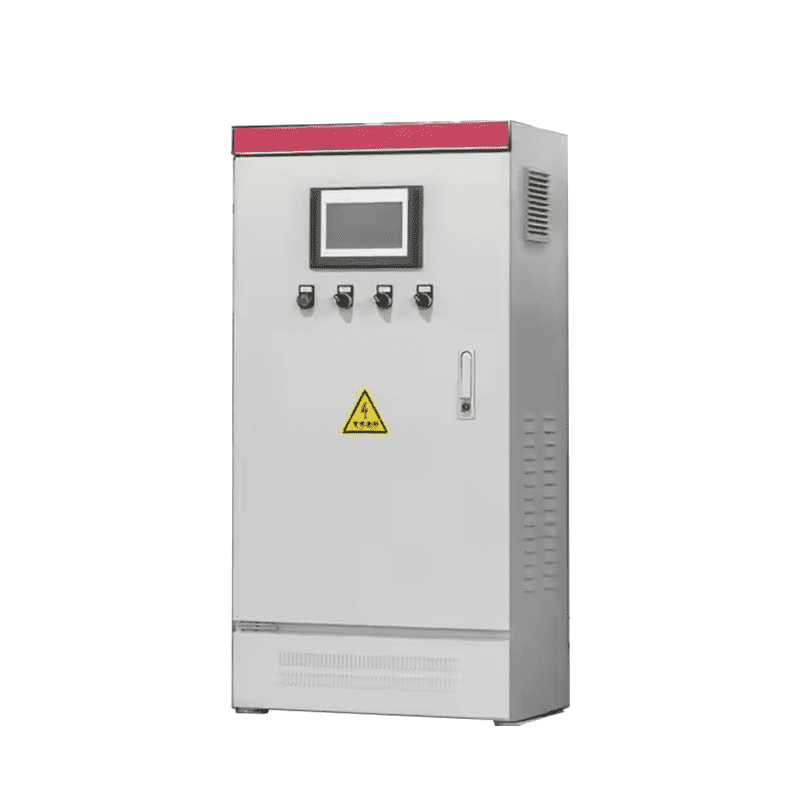
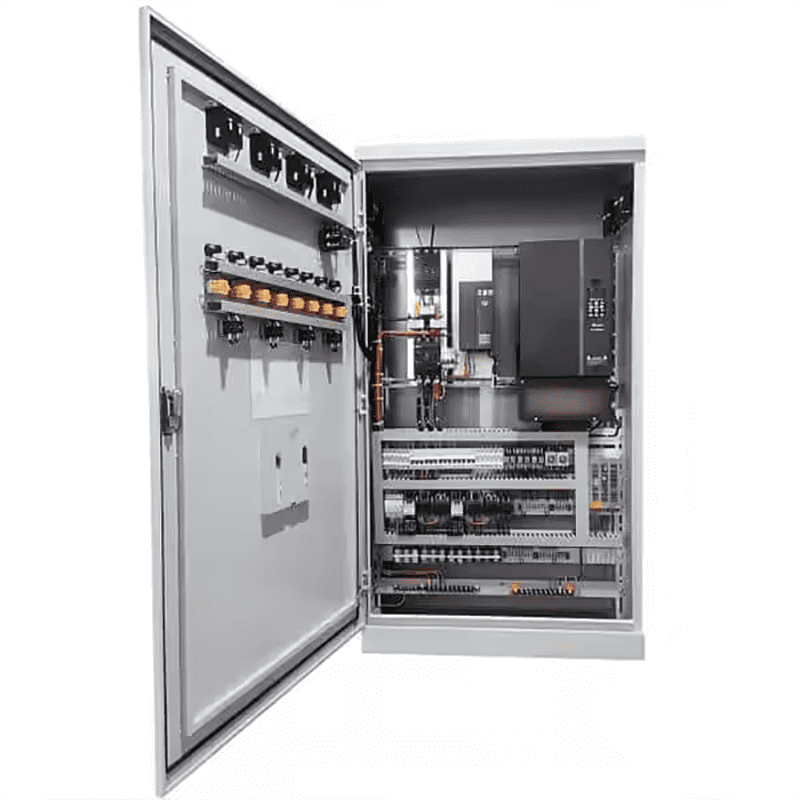
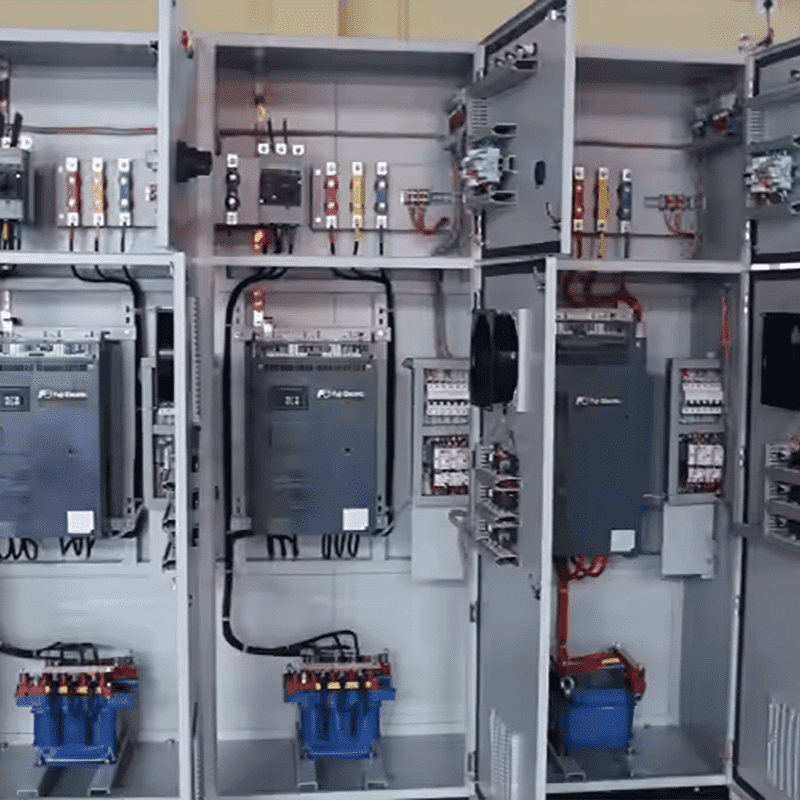
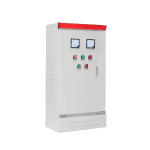

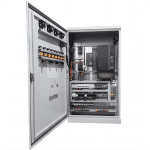
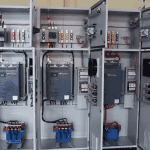
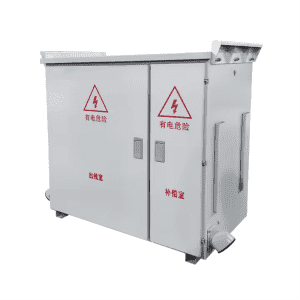
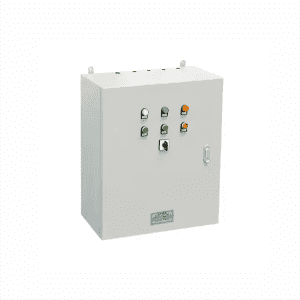
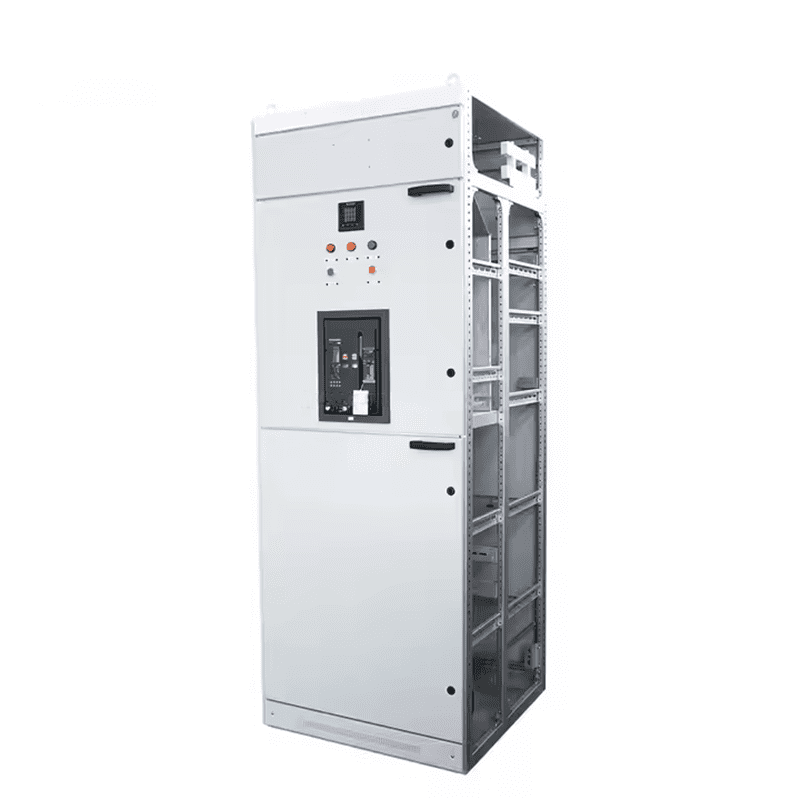
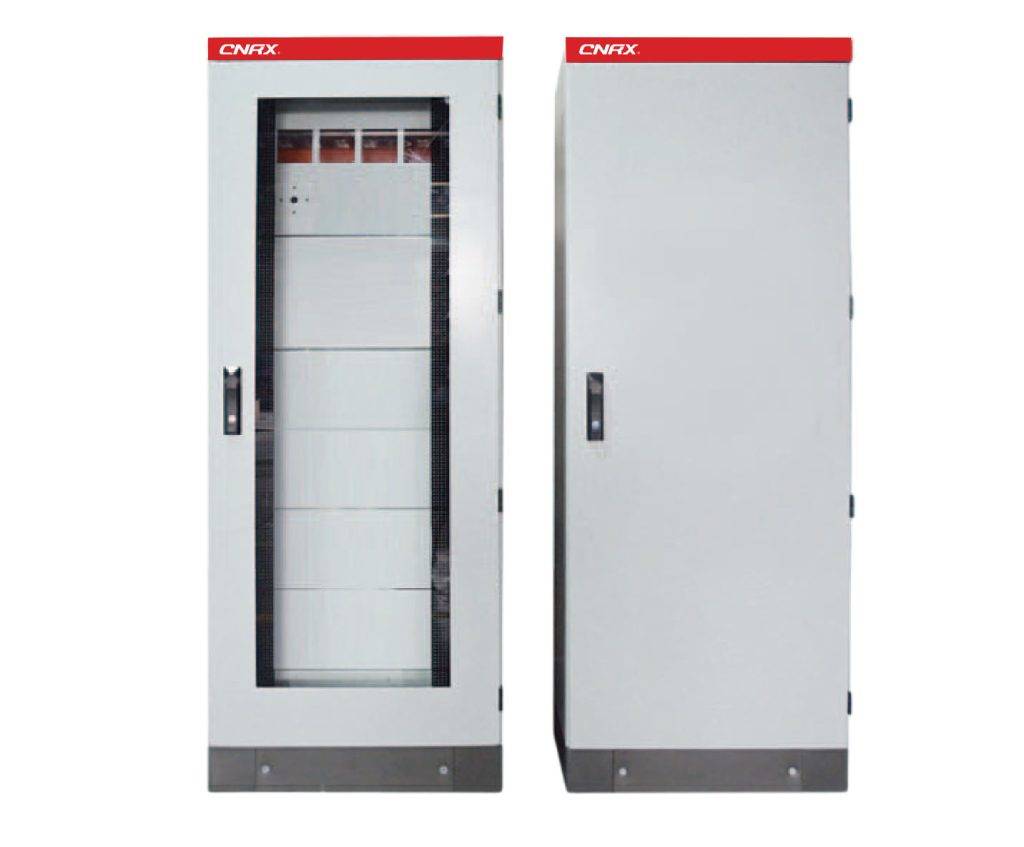
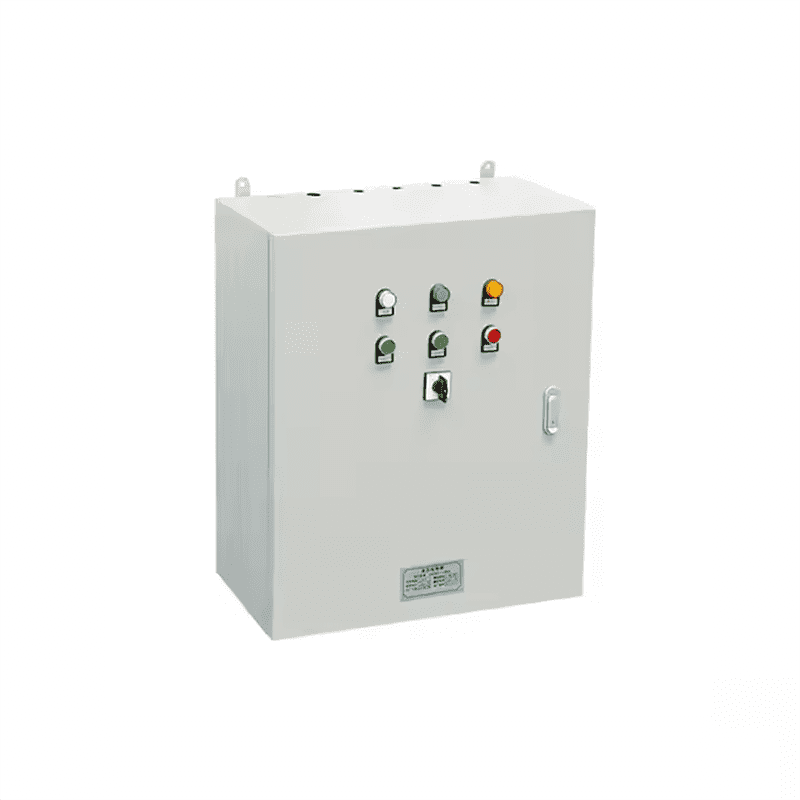
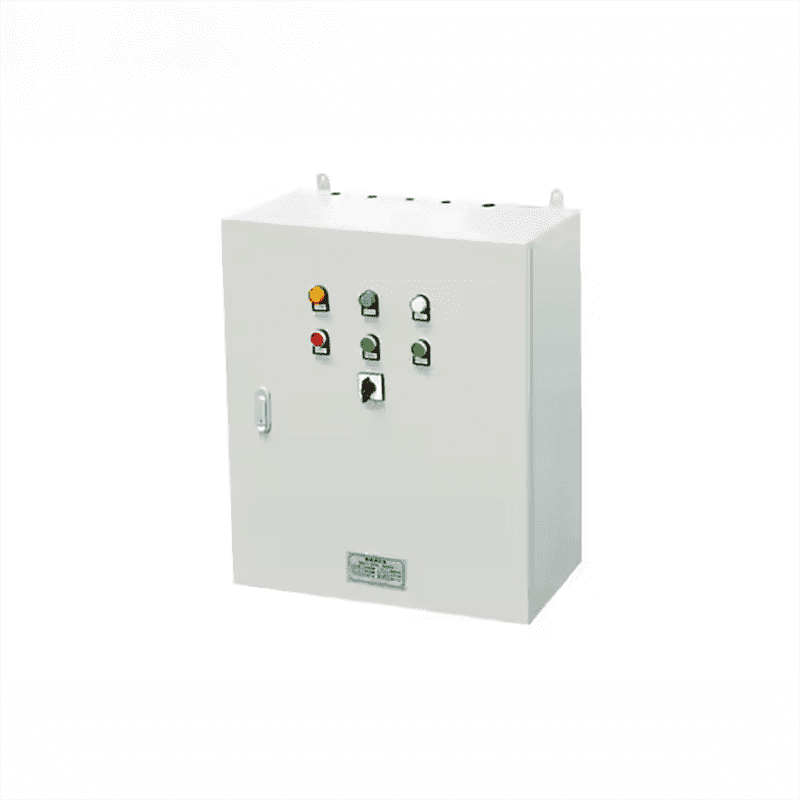
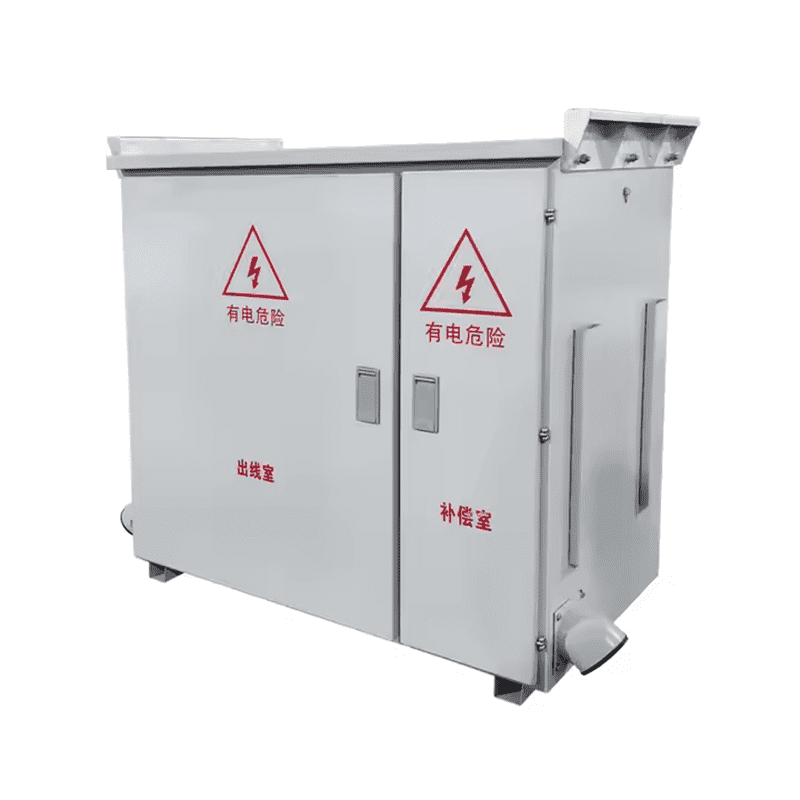
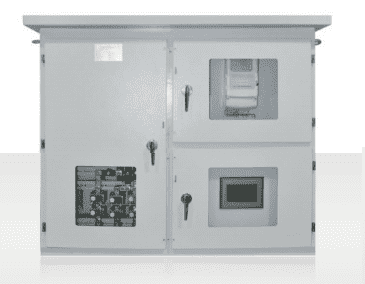
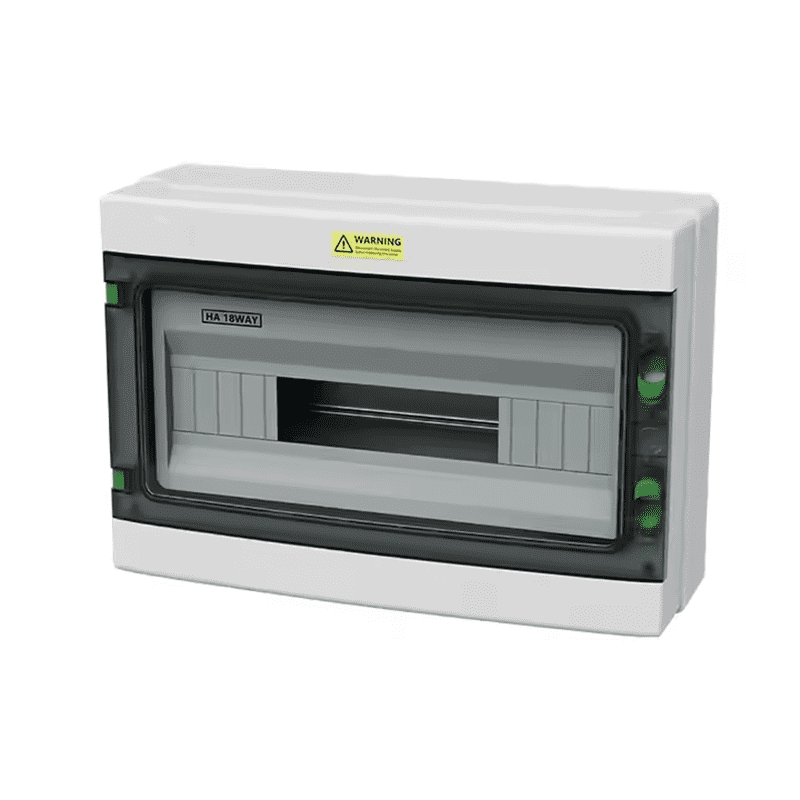
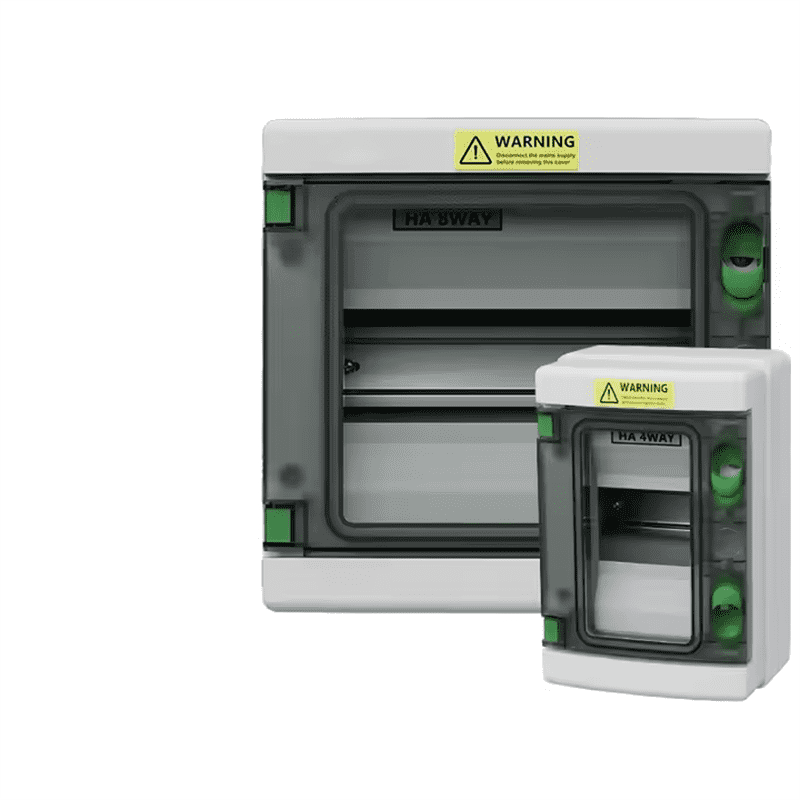
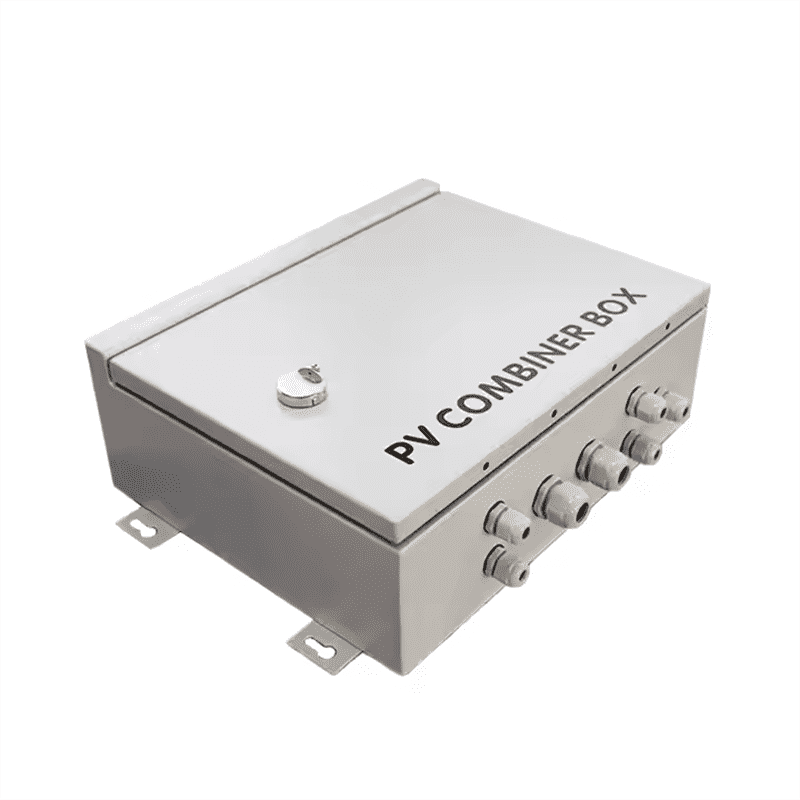
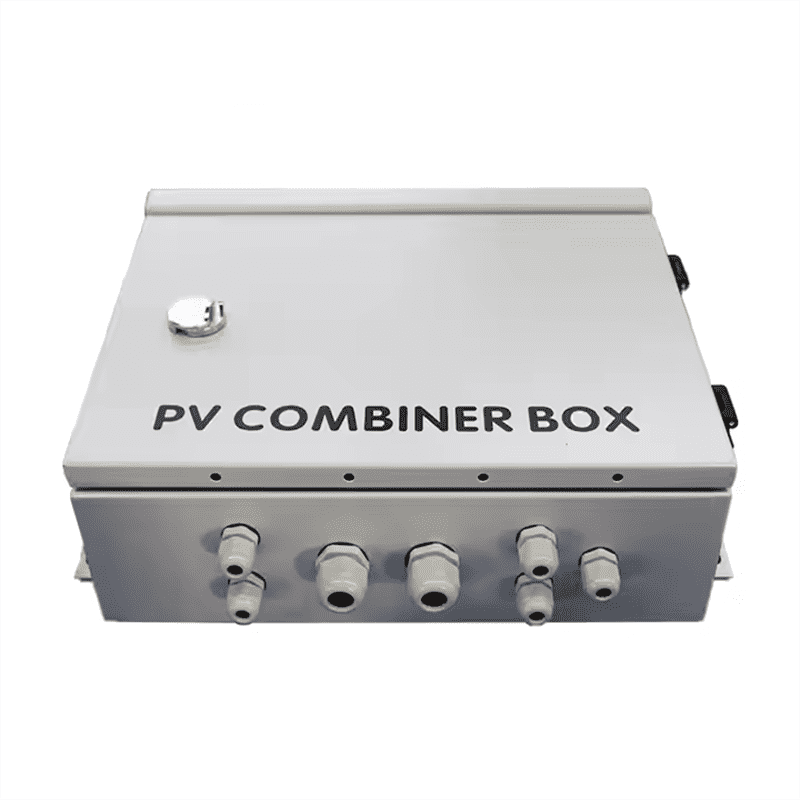
Reviews
There are no reviews yet.